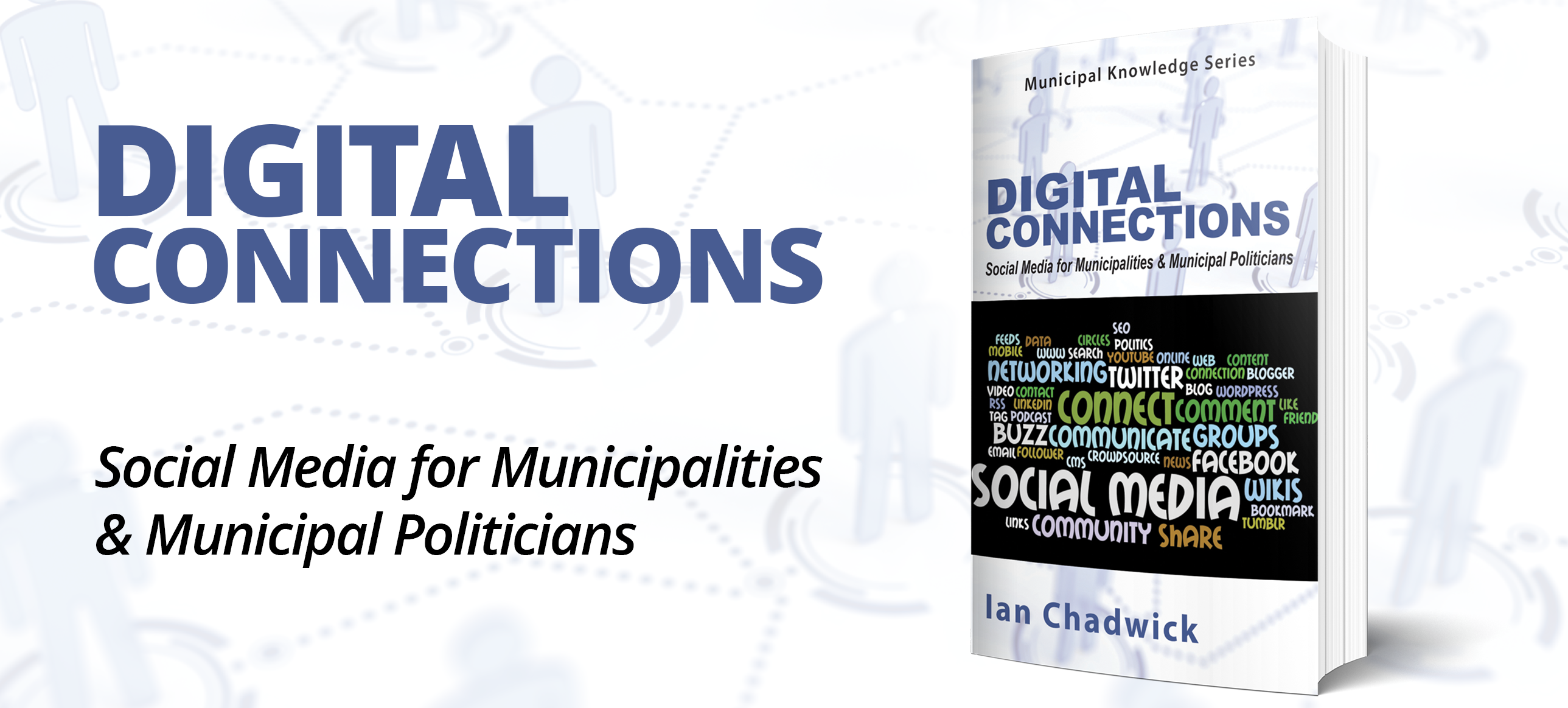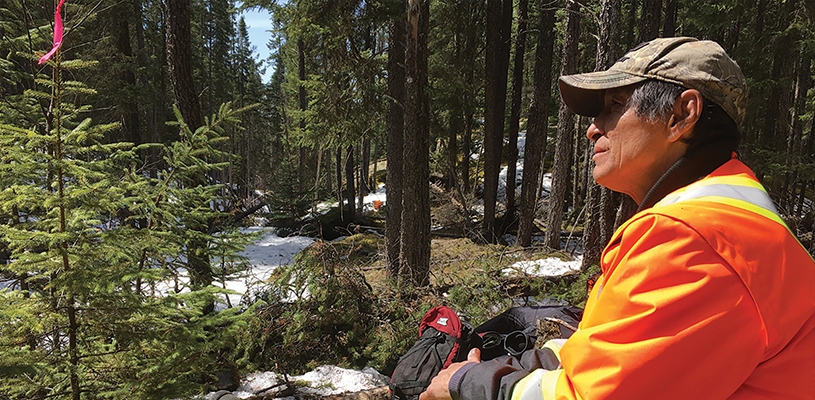Workplace sexual harassment: E-learning program helps create safer workplaces

Sponsored by Ryley Learning
Since the #MeToo Movement, preventing sexual harassment has become a key organizational imperative for leaders everywhere.
As municipal leaders know all too well, local government workforces are not immune from sexual harassment. Municipalities employ a large number of people who serve the public in a wide range of roles. Case law reports and media headlines reveal many disturbing examples of sexual harassment in municipal governments.
Training on sexual harassment is mandatory in Ontario and a growing number of North American jurisdictions. In fact, New York City was the first municipality to pass this legislation. Will more follow suit?
Why Training Is Essential
Today, training on workplace sexual harassment is “a must.” Why is that?
Legislation – Sexual harassment is prohibited under all provincial human rights legislation and the Criminal Code (in severe cases). Occupational health and safety legislation in Ontario (and more provinces to come) mandates sexual harassment training.
Employee engagement – Training sends a clear message “from the top” that sexual harassment will not be tolerated. This show of leadership will demonstrate that your organization values a safe workplace and cares about its employees.
Liability and legal fees – Training makes sexual harassment less likely to occur and can also limit corporate liability for civil claims if there are allegations of sexual harassment made by employees.
Reputational harm – Sexual harassment allegations can have a devastating impact on an organization’s brand and corporate reputation. Training makes instances less likely to occur. As large employers in the business of public service, municipal governments have reputations to protect as well.
Training for Today’s Workplaces
When Ontario’s Bill 132 was on the horizon, I spoke at a number of conferences about compliance. Attendees and clients were asking for better ways to conduct mandatory training – especially for large, mobile workplaces.
The training solution that emerged from those conversations is far from the tedious in-person lawyer’s lectures we’ve all sat through (or in my case, presented). The course uses live animation, professional voice talent, and interactive exercises. Through four, 10-minute episodes, learners follow the staff and managers at a fictitious organization called “Future Generation.” Humour and empathy in the stories illustrate the nuances and grey areas of sexual harassment.
Clients value that the program can be carried out on computers or mobile devices. E-learning eliminates the headache of trying to schedule in-person training, which is nearly impossible when employees work on varying shifts and in multiple locations.
With clients across Canada and the United States, the course is offered in English and French. (Ryley Learning is proud to have the City of Toronto as a customer, part of the city’s commitment to provide anti-sexual harassment training for its employees.)
Versions of the course have been accredited for professional development by both the Law Society of Ontario and the Law Society of British Columbia, along with the Human Resources Professionals Association (HRPA), the CPHR (Yukon and B.C.), and the Society for Human Resource Management (SHRM) in the United States.
Visit ryleylearning.com for free demos of the course, to help determine your municipality’s training needs and to access public sector discounts. MW
Bay Ryley is a human rights and employment lawyer in Toronto. She has considerable municipal law experience, and expertise in litigating workplace sexual harassment claims. She is president and founder of Ryley Learning, a digital workplace learning company.
Related resource materials:



